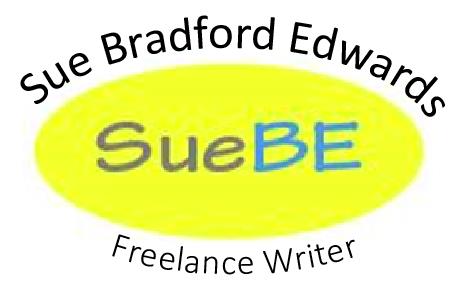 When you start writing, having to put together a resume is tough. You have little or no experience and filling those blank lines is a daunting task. New writers tend to include every scrap of vaguely relevant experience. As we add lines to our resume, we need to outgrow that tendency and prune what needs to go.
When you start writing, having to put together a resume is tough. You have little or no experience and filling those blank lines is a daunting task. New writers tend to include every scrap of vaguely relevant experience. As we add lines to our resume, we need to outgrow that tendency and prune what needs to go.
I’m not telling you to delete portions of your resume. At least not your master resume. Mine is something like 21 pages long. Yep. 21 pages. My byline has appeared something like 425 times. This resume has it all but that’s why this isn’t the resume that I send out when I apply for any type of writing job.
Instead, I customize the resume for that job. Ecuational writing gets a summary of all my educational work because much of that was confidential. I can say I wrote 12 3rd grade passages for Harcourt, but not what they were about. An educaitonal resume will include everything that isn’t covered by a confidentiality clause and a summary of what is as well as everything that relates to the type of educational writing they want me to do be it science, history, leveled readers or high school curriculum.
This is similar to what I do when I write a query letter. I don’t tell anyone about all of my sales — who wants to go through all of that? But if they want eclectic and varied, they hear about the sidebar I wrote on horse manure, the piece on electricity and sharks as well as the piece on the New Madrid earthquake.
If I have nonwriting experience that fits in with what they want, I include that as well. Sometimes I mention my degrees (anthropology and history), my thesis (based on original oral history interviews) or my work experience (from nanny to archaeological illustrator).
The long and the short of it is this — include what fits, leave out what doesn’t. Do this and you’ll convince them that you are just the writer for the job.
–SueBE
